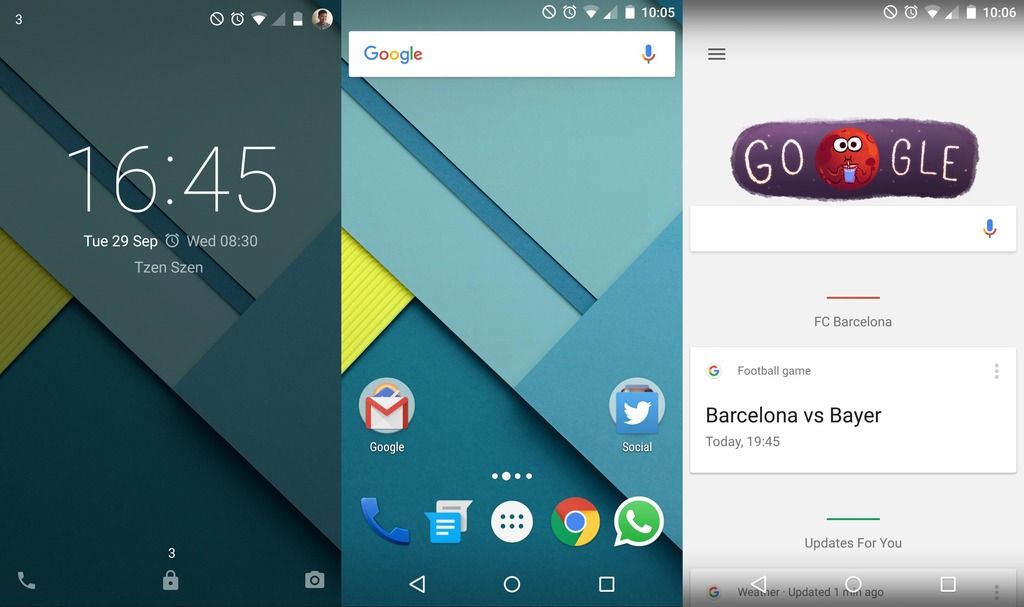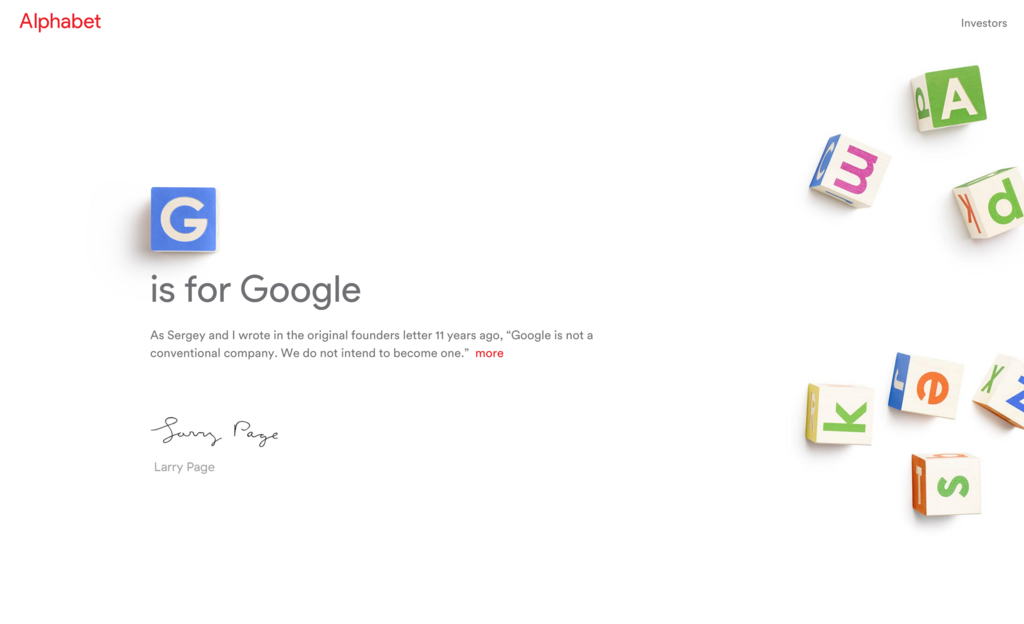Explained: Google Nexus
The pure Android experience defined
Since Google's reported $50 million acquisition of Android Inc. back in 2005, the Android operating system has since been invading many of our mobile devices that we use today. With 8 out of 10 smartphones in 2014 shipping Android, 400 original equipment manufacturers (OEMs), 500 carriers, over 4000 devices, and over 1 billion 30-day active users, Android's rise to the top of the smartphone foodchain is nothing short of amazing. Customers are now spoilt for choice when selecting an Android device with the large variety of devices in the market currently available.
Over 1 billion 30-day active users
However, with all the different types of Android devices, there is a huge issue for Google to exhibit the best of the Android on top of maintaining their dominance in the smartphone business. The latest Android version would be released months after being officially launched. Users and developers have to wait longer times to experience the new software which could seriously hurt Google in this highly competitive business.
Google's solution to these problems comes in the form of their Nexus devices; their flagship Android devices. New Nexus devices - be it smartphone, tablet, or digital media player - are typically released around November every year with the latest version of Android.
Nexus devices are designed, developed, marketed, and supported by Google themselves with some development and manufacturing carried out in partnership with OEMs. OEMs that have been working with Google to manufacture the Nexus devices include HTC, Samsung, LG, Motorola, and Asus.

Many OEMs and carriers opt to have a skinned version of the operating system and additional bloatware on their devices that leaves behind a poor user experience. For example, Samsung introduces a heavily skinned version of Android in their smartphones called TouchWiz while HTC has HTC Sense. Nexus devices are significantly different from devices made by other OEMs as they are free from that bloatware.
Arguably, these modified versions of Android have built-in features that aim to provide a better experience for their customers and provide an edge against other manufacturers. Unfortunately, more often than not, this only bogs down their devices and hence, the beginning of the perception that most Android devices are unresponsive and slow.

Having the Nexus line of devices allows Google to showcase the best of their mobile operating system as Nexus devices offer Android in the purest form, also known as stock Android. The Nexus devices will set the tone for other Android device manufacturers; they represent what Google's vision of what Android should look and feel like.
In exchange, users owning a Nexus device are guaranteed timely Android software updates from Google themselves, usually making them to be one of the first few devices to rock the latest version of Android. Nexus devices are also great for developers seeking to test their apps on the latest version of Android. An unlocked bootloader is the cherry on the top for Android enthusiasts who want to try out custom ROMs.
Nexus devices are guaranteed timely Android software updates
You will find that the sales of Nexus smartphones and tablets aren't as spectacular when compared to other manufacturers like Apple or Samsung. Getting your hands as on a Nexus device isn't a walk in the park too as they aren't advertised as much, not sold in every part of the world, and have a limited number of devices at launch. I had to wait for a few months before getting my hands on my old Nexus 4.
While the Search giant isn't aiming to profit from the sales of these devices, the need for Nexus devices is still apparent and Google needs to continue making them in order to assert their dominance in a world where the first computer someone picks up will probably come in the form of a smartphone. It needs to keep a high level of buzz around Android for the reasons described above while taking a lead in mobile search to keep money coming in.


